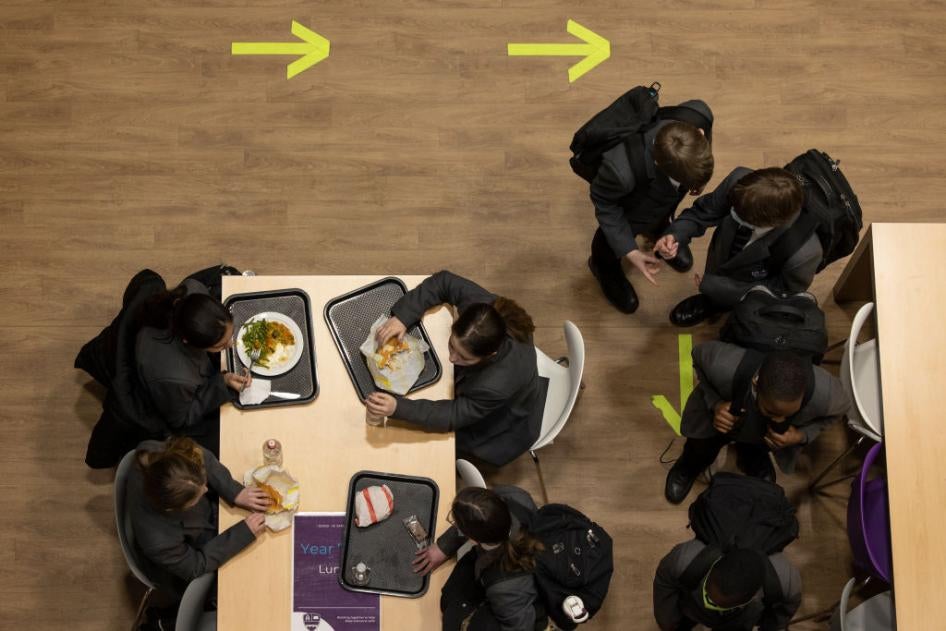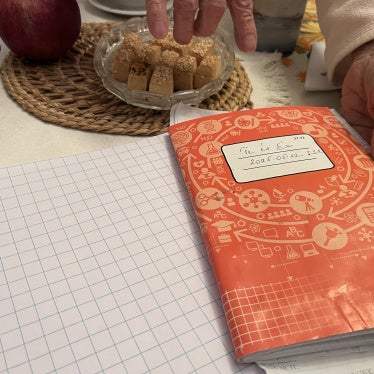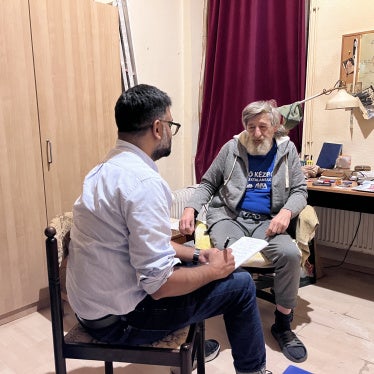While much of the focus in the UK’s domestic media this week is likely to be on the latest iteration of increasingly cruel immigration legislation and an upcoming budget, what happens in a conference room in Geneva may prove just as important in the long term. The government’s vague assertions about its economic and social rights record will begin to be put to proof.
The UN’s Committee on Economic, Social and Cultural Rights has asked UK and international civil society groups to set out their main concerns about the state of economic and social rights in the UK, ranging from food insecurity and education, to housing and social security. The committee will take these submissions, and then refine a list of questions for the UK government to answer formally.
Human Rights Watch’s submission to the Committee highlights some key areas of concern, from harsh, everyday realities for people in the UK to overarching structural issues about how effectively their rights are protected.
- Homeless families housed in substandard and uninhabitable “temporary accommodation” for extended periods, their children suffering as result;
- Children faced with barriers to education and educational inequalities exacerbated by the Covid-19 pandemic;
- Rising food insecurity and growing demand for aid from food banks;
- Social security support remains inadequate to address deep, growing poverty, has been cut over many years, and contains deeply unfair rules punishing large families;
- People unable to enforce their economic and social rights at a time when they are under severe threat, largely because they have not been incorporated in domestic law.
These are only some of the issues the committee will need to consider. For example, despite the government’s backing of the Safe Schools Declaration, it remains unclear to what extent British armed forces will adhere to the standards on protecting education from attack in armed conflict.
More than 60 organizations from across the UK have spoken jointly about their concerns against the backdrop of a wide-ranging rollback of rights in the country. The wide range of civil society groups which have submitted briefings to the committee suggests there are many more questions the UK must answer.
Once the committee has had time to digest this input and hone its list of questions for the UK government, it will be time to push – collectively – for straight answers.











